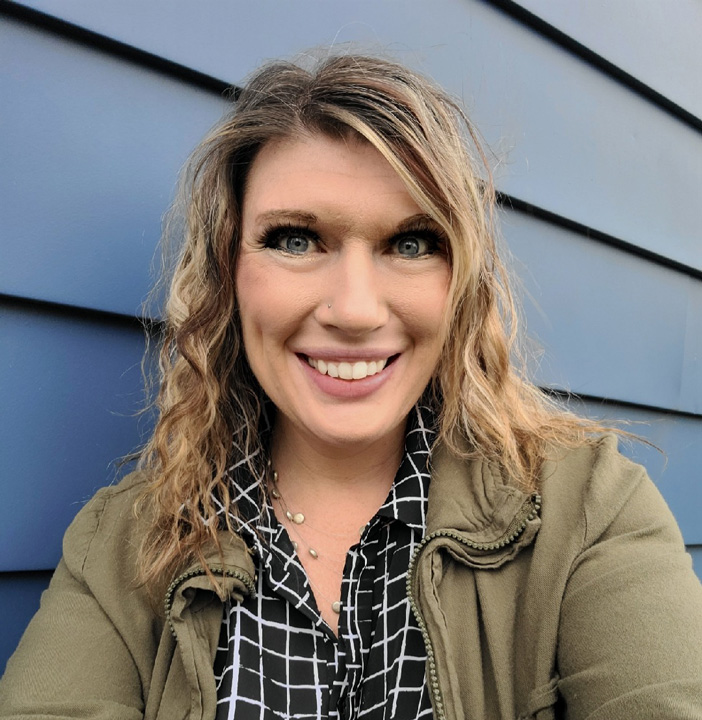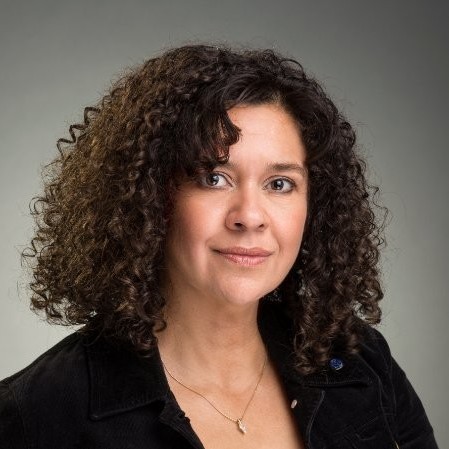Participation in military combat leaves veterans at a greater risk for mental illness and the uniqueness of military culture requires clinicians to take special considerations when serving this population. The MSP student body includes active-duty and military veterans. Our students and alumni also work with veterans in a variety of different ways- from internships, to research, to post-grad employment.
In honor of Veterans Day, here are a few of the ways that members of our community are serving this important population:
Internship
- Andrea Brent is completing her PsyD internship at Oscar G. Johnson VA Medical Center.
- Lauren Herline is completing her PsyD internship at Aleda E. Lutz VA Medical Center.
- Christine Sebastian is completing her PsyD internship at John D. Dingell VA Medical Center.
- Sharmane Brown is completing her PsyD internship at Walter Reed National Military Medical Center.
Research
- Dr. Christopher Corbin (MA ’18, PsyD ’22) completed his dissertation on Psychosocial Predictors of Chronic Pain Perception Among Military Combat and Non-combat Veterans.
- Dr. Dustin Shepler (MSP Faculty) and Dr. Kelly Frazee (PsyD ’21) published an article titled Interpersonal needs and suicidality of discharged army veterans.
- Sharmane Brown published an article titled The LGBT Veteran Experience.
Clinical Work
- Seven MSP alums are working in the VA Saginaw Healthcare System including:
- Dr. Maxine Pegram (MA ’15, PsyD ’19);
- Dr. Tiffany Polzin (MA ’16, PsyD ’20);
- Dr. Michelle Hodges-Pietryka (MA ’17, PsyD ’22);
- Dr. Holly Spencer (MA ’18, PsyD ’22);
- Dr. Mackenzie Tresnak (PsyD ’22);
- and Drs. Cynthia Atkinson and Josephine Cervantes who shared a bit about their experience below.

“I’ve had the opportunity to work with the veteran population in both rural and urban settings. By far the most meaningful work involved inpatient palliative/hospice patients. Most patients were older Vietnam veterans that often reflected on their life experiences. Unfortunately, most veterans have lived through horrific experiences both domestically and abroad. It was an honor to hold a safe space to discuss their experiences. The power of the therapeutic relationship, unconditional positive regard, and the ability to reframe experiences should never be underestimated. The veteran’s often found it helpful especially when coming to terms with their mortality.”

Want to learn more about working with military personnel and veterans? Visit the APA’s webpage.